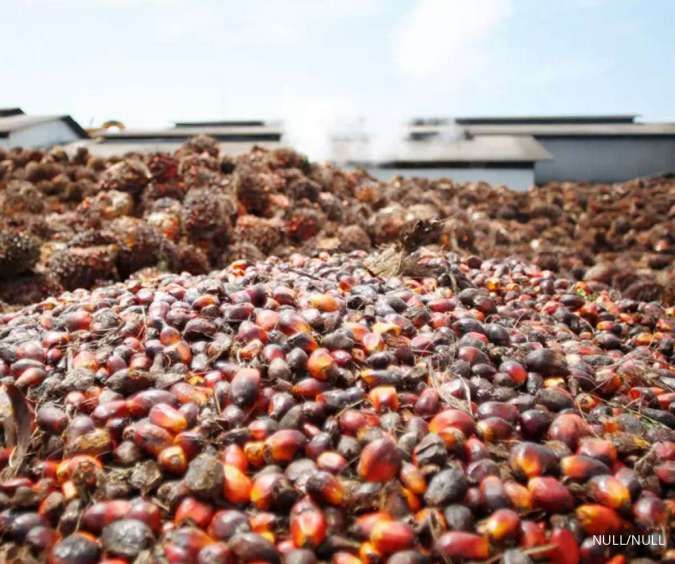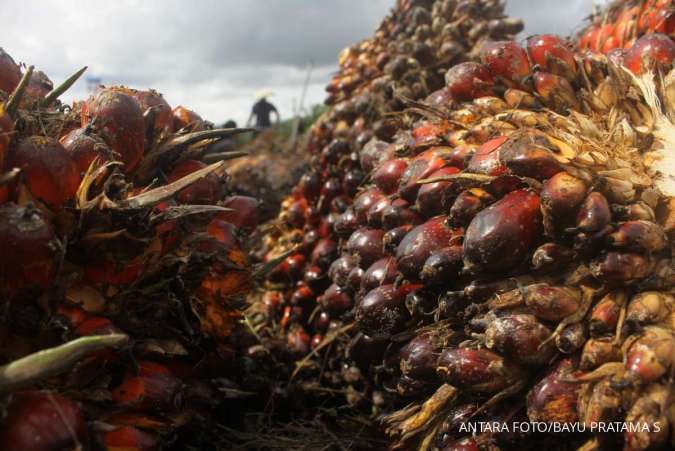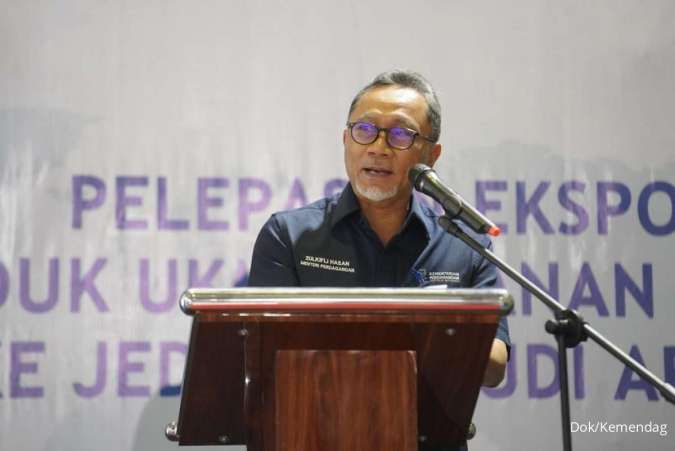CPO - JAKARTA. Indonesia's plan to channel crude palm oil (CPO) exports via a futures exchange would improve policymaking in the top producer and avoid a need for the type of export ban that sent shockwaves through global markets last year, its chief regulator said.
Authorities aim to require all CPO exports to go through a futures exchange starting from June in order to create Indonesia's own benchmark price, similar to benchmarks in exchanges in Kuala Lumpur and Rotterdam. Currently, nearly all CPO shipments from Indonesia are directly conducted with buyers.
The plan came after Indonesia shocked global markets last year with what appeared at times to be haphazard policy-making, culminating in a three-week export ban, as officials tried to alleviate a local shortage of cooking oil.
"The main goal of having an exchange is transparency and good governance. When it is transparent, the government can utilise the data for policy-making," Didid Noordiatmoko, head of commodity futures regulator Bappebti said in an interview this week.
"The president's decision last year (to ban exports) hurt the whole palm oil industry. We do not want that to ever happen again," Didid said.
Read Also: Indonesia Oks GMO Drought-Tolerant Wheat from Argentina's Bioceres
Indonesia banned CPO and its derivative exports between April and May 2022 to bring down cooking oil prices. The ban was later replaced by rules to only allow exports after a company had sold a portion of its CPO locally to be made into cheap cooking oil - known as a domestic market obligation (DMO).
The policies distorted the market and resulted in a glut of domestic supply, prompting authorities to make another U-turn and remove export levies to clear stocks.
Didid said once the exchange was launched and data collected, the government would be in a better position to assess DMO rules or even scrap them.
Industry groups have said they supported Indonesia's aspiration to become a global price setter for palm oil, but were concerned about additional costs.
Didid said based on other commodities exported via a futures exchange, such as tin, exporters could increase margins and cover any additional costs.
Bappebti was working to ensure CPO transactions via a futures exchange could be exempted from value added tax, which has also been a concern for exporters, he said.
Transactions will be quoted in the rupiah currency, Didid said.
With work still underway, Didid said meeting a June deadline to launch the market was challenging, and Bappebti may come up with a revised timeline at the end of March.
Read Also: ECB Sticks to Rate Hike Plan Despite Banking Turmoil
Sathia Varqa, co-founder of Palm Oil Analytics, called the plan "ambitious", pointing out that the market needed access to timely data and liquidity for the exchange to work.
"Indonesia struggles with releasing palm oil data in a transparent, timely and credible way," he said, contrasting the quality and frequency of data released by the Malaysian Palm oil Board and the U.S. Department of Agriculture.
/2023/02/17/1832212251.jpg)












